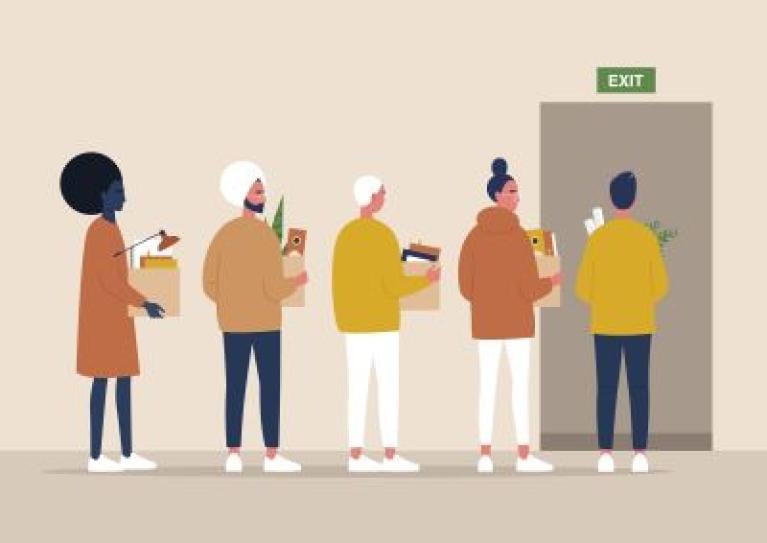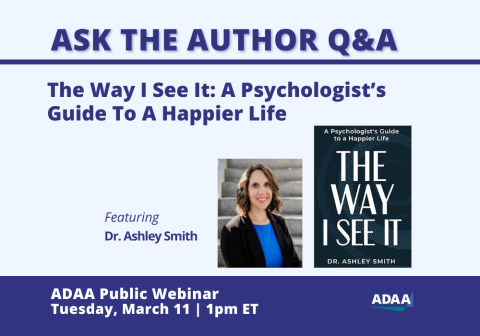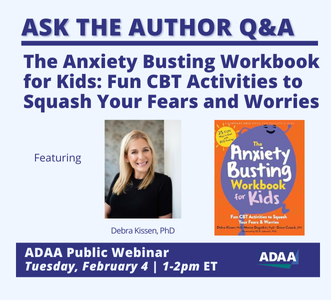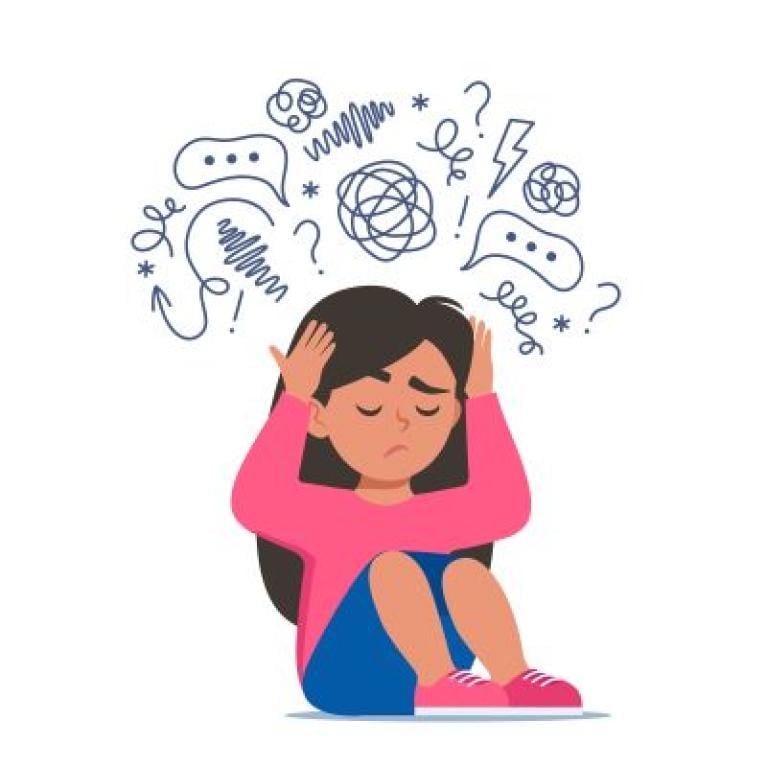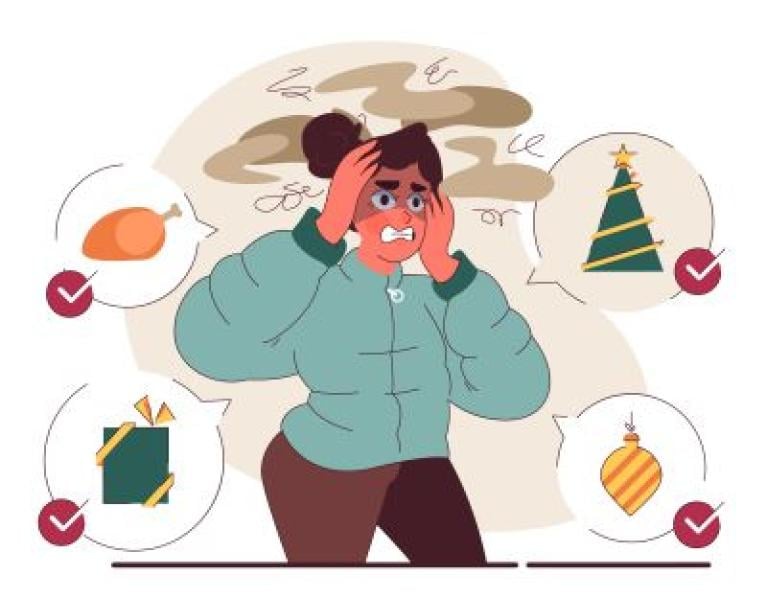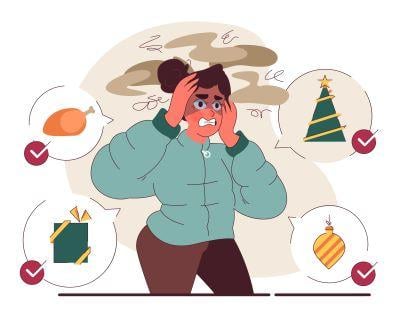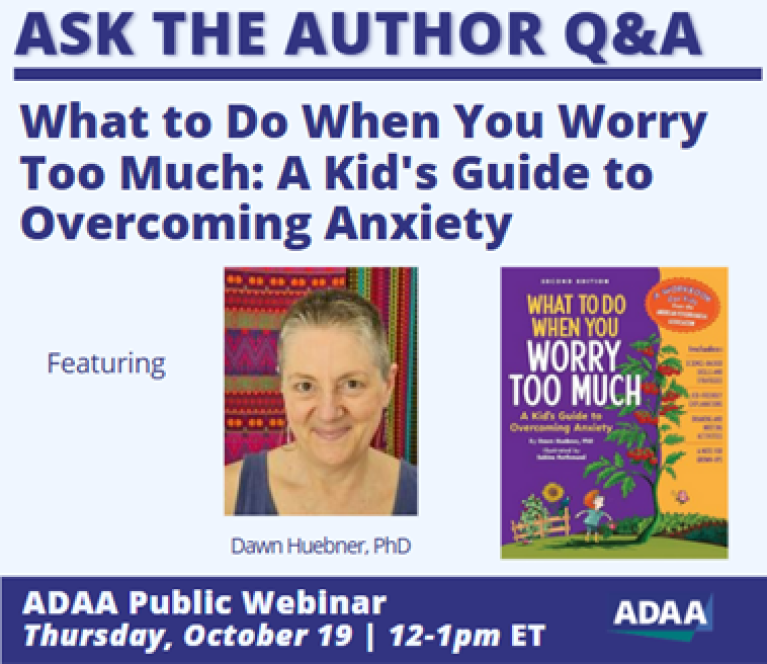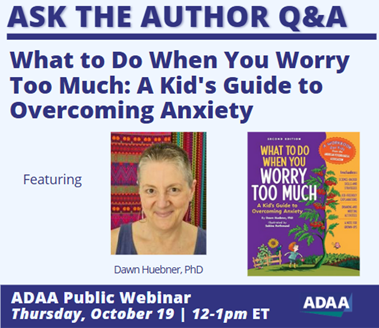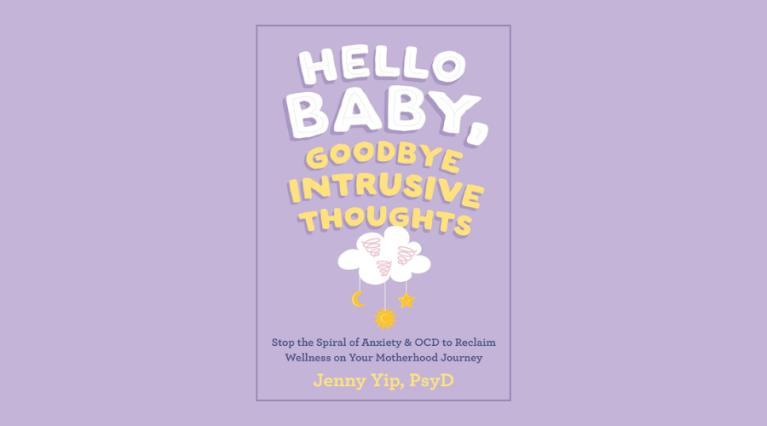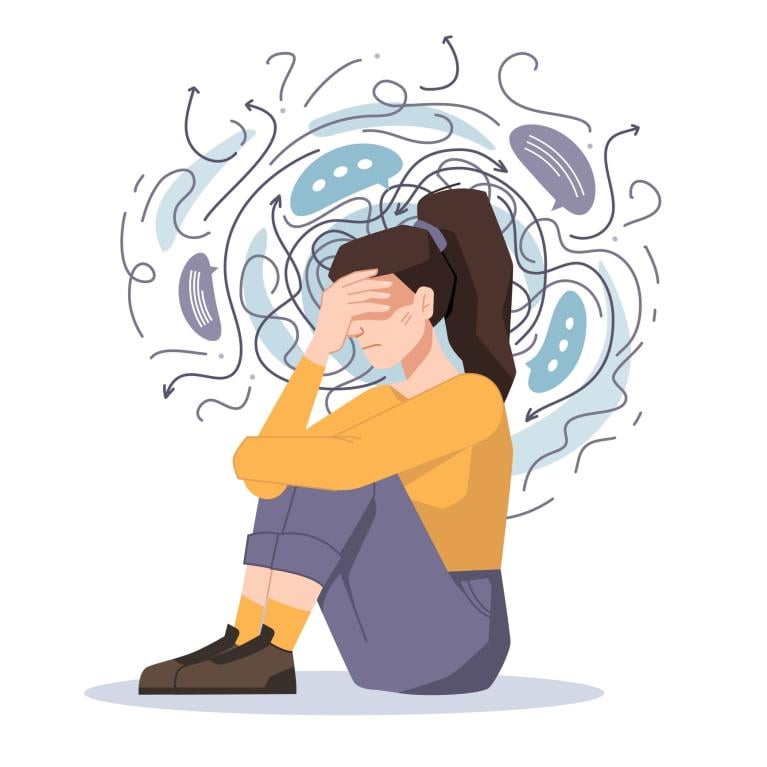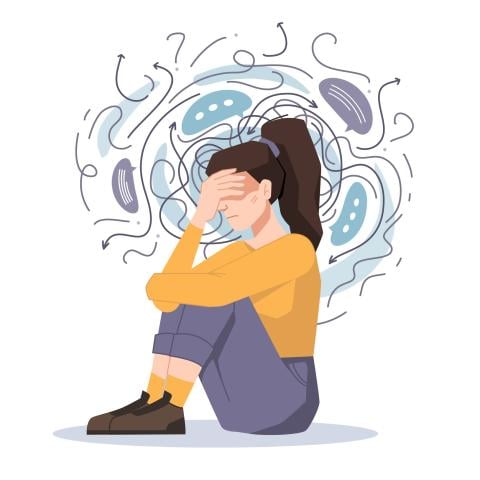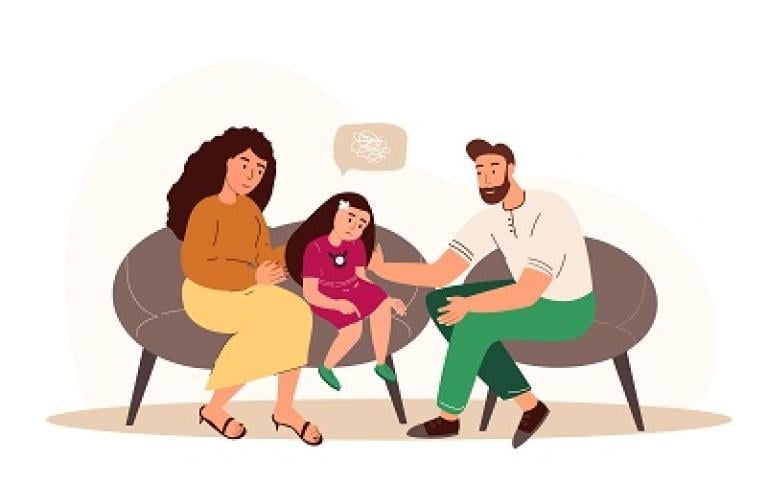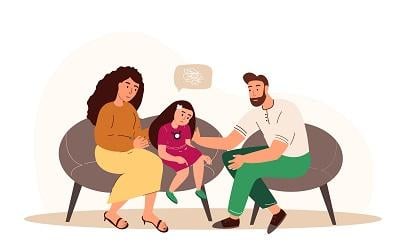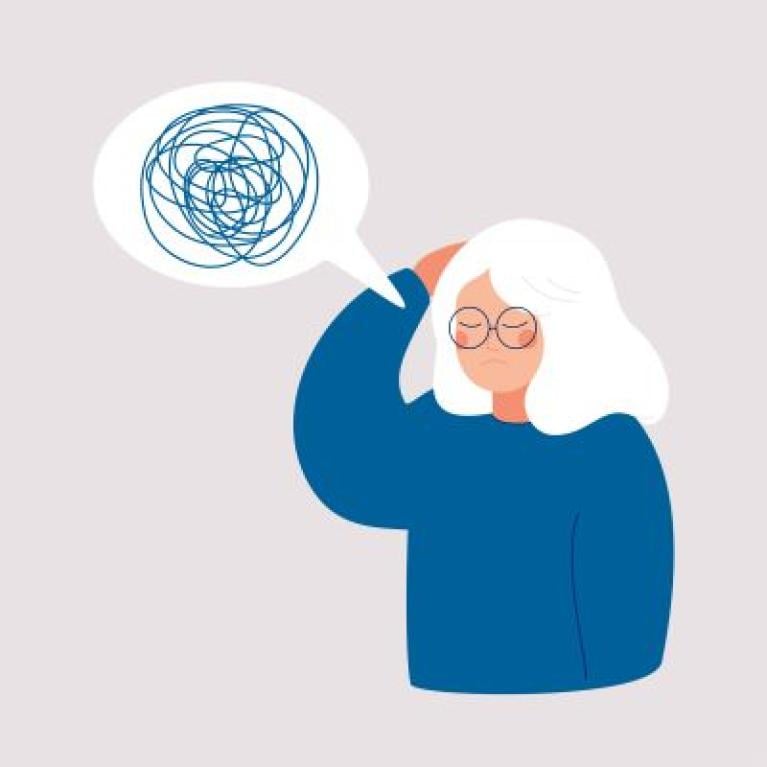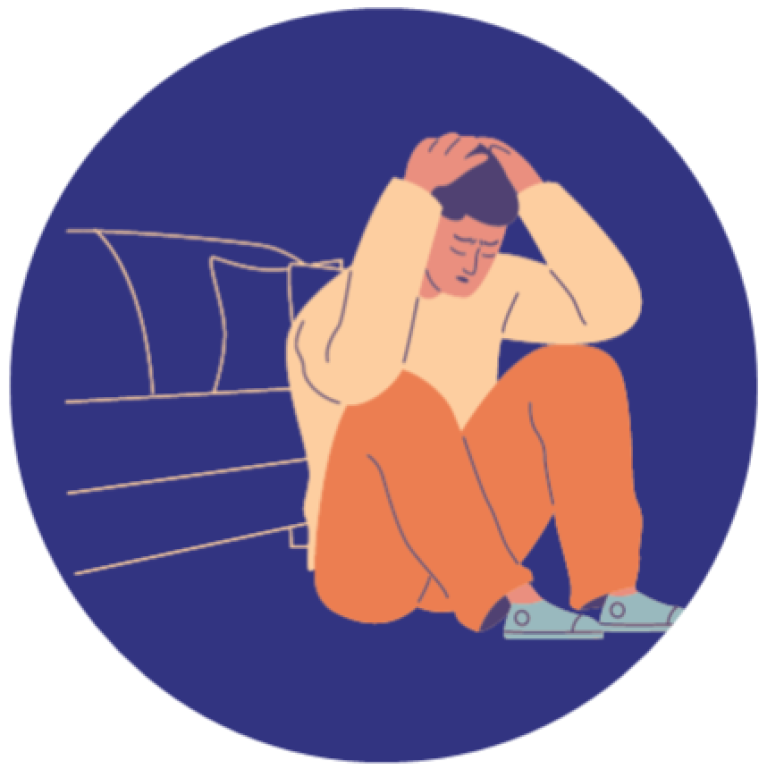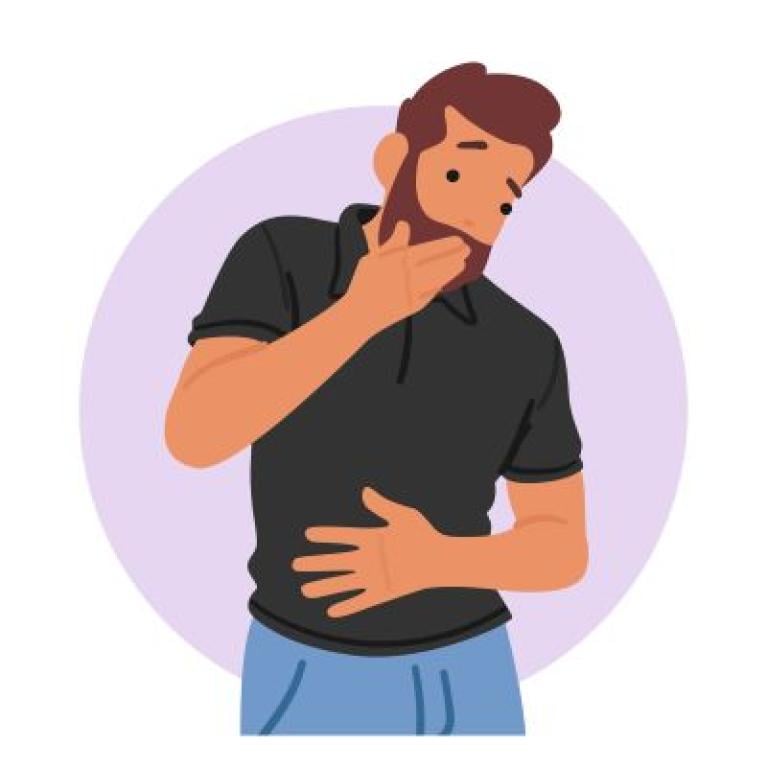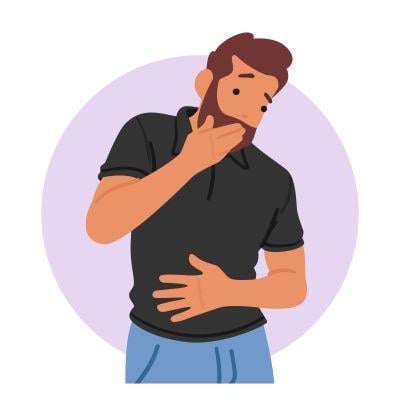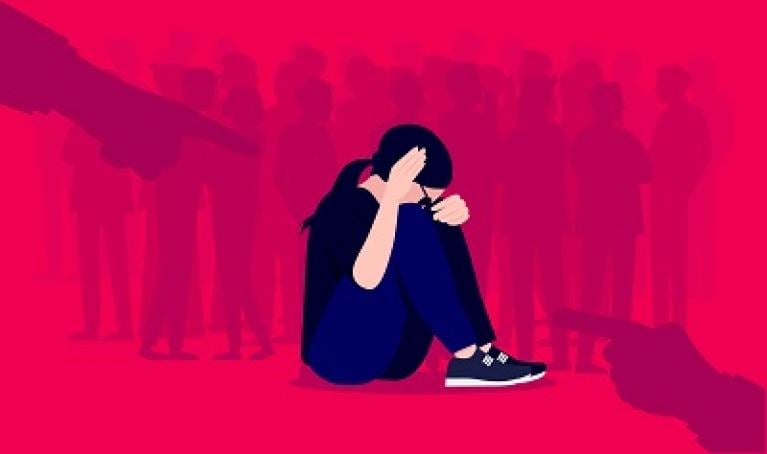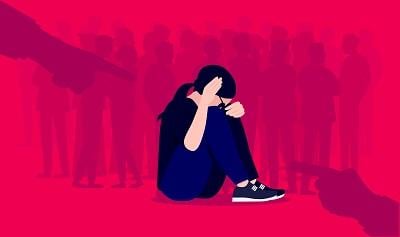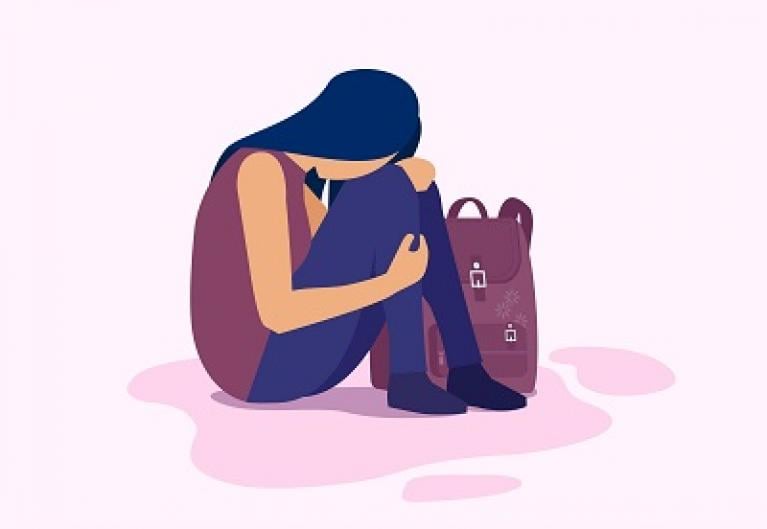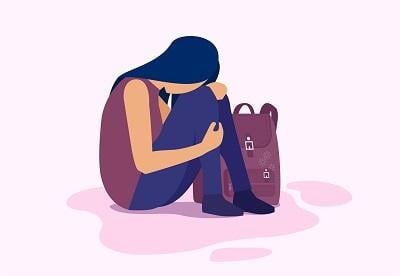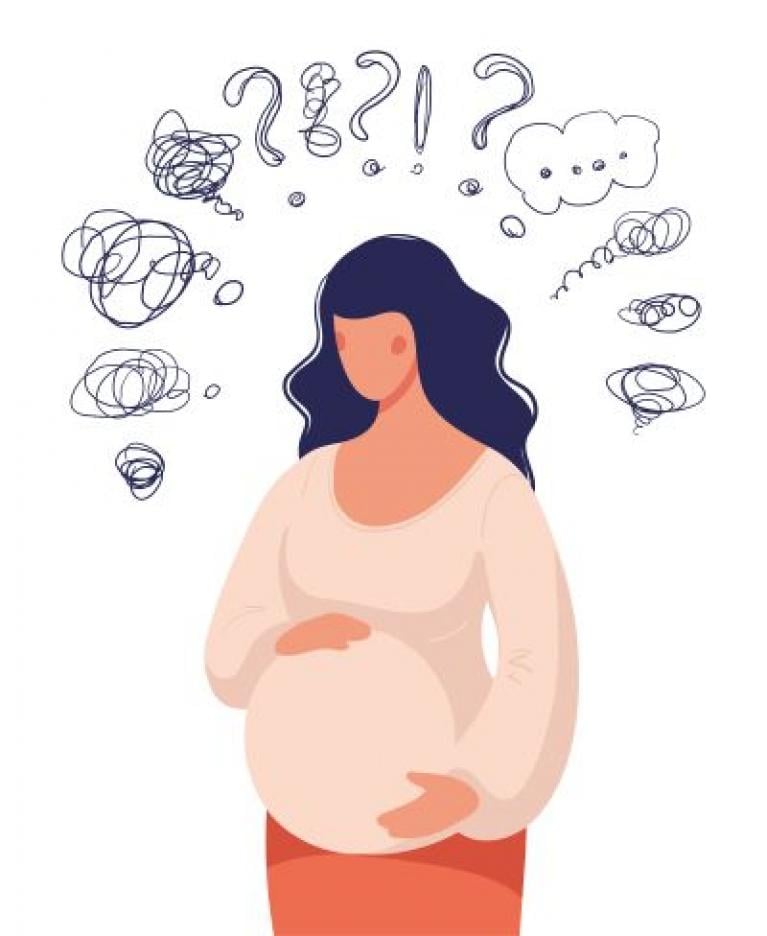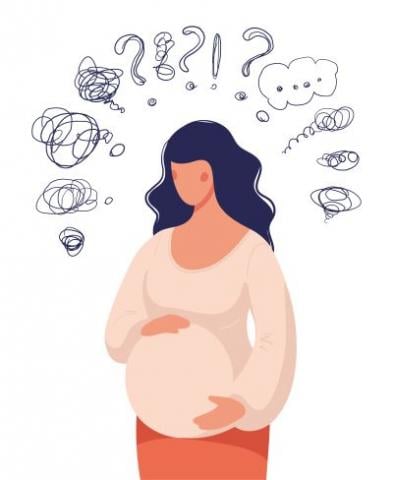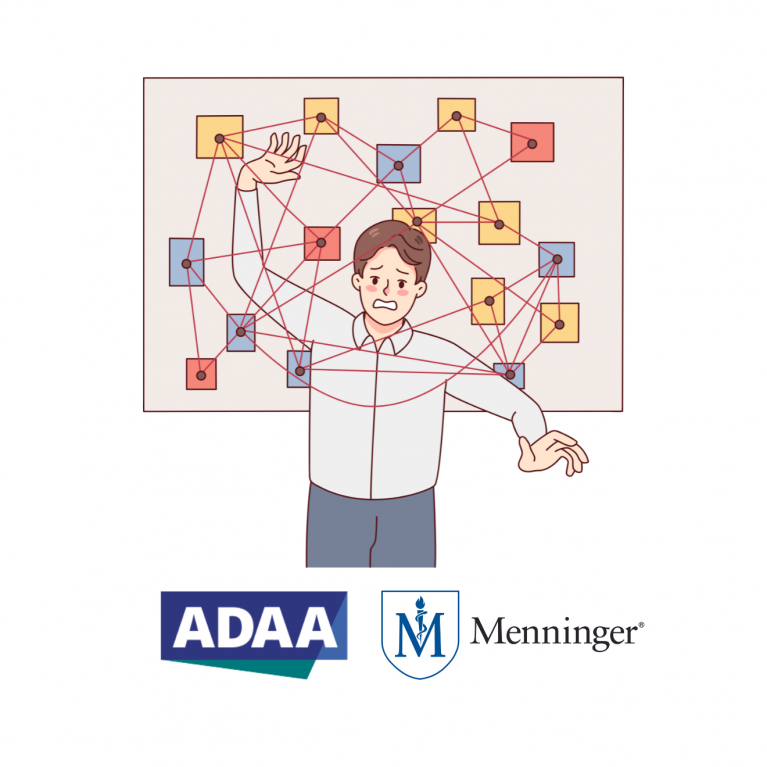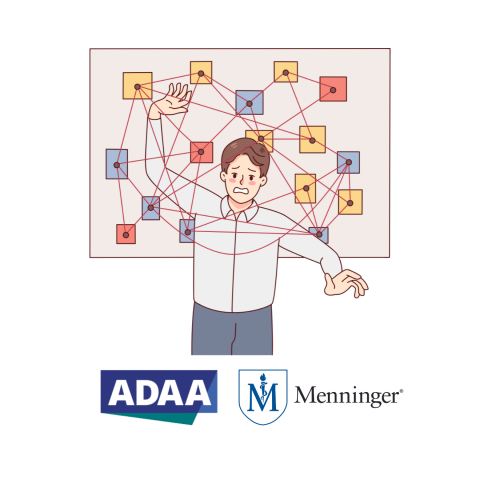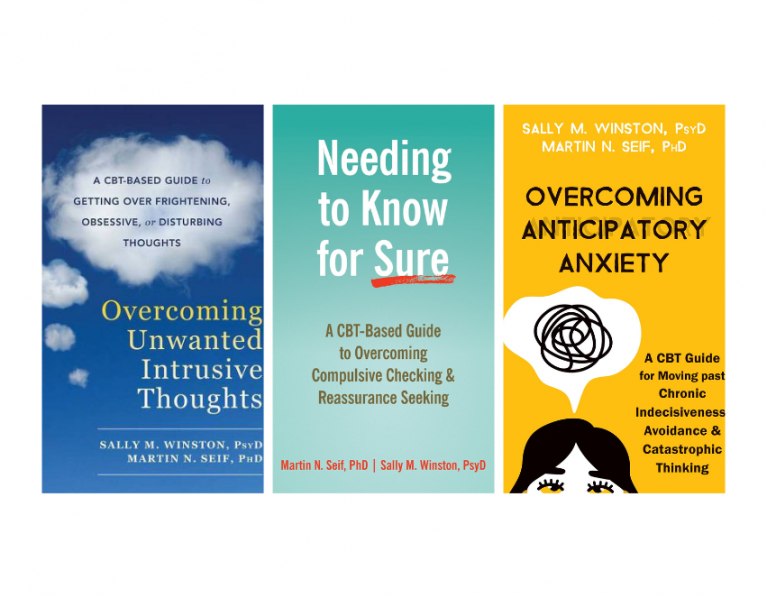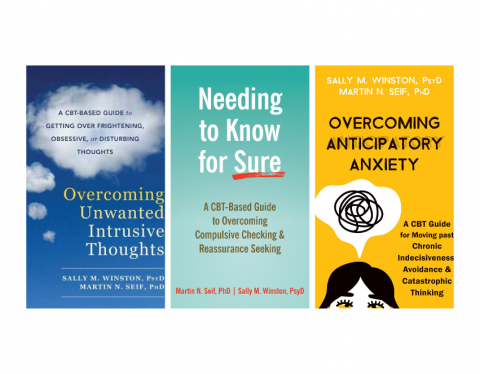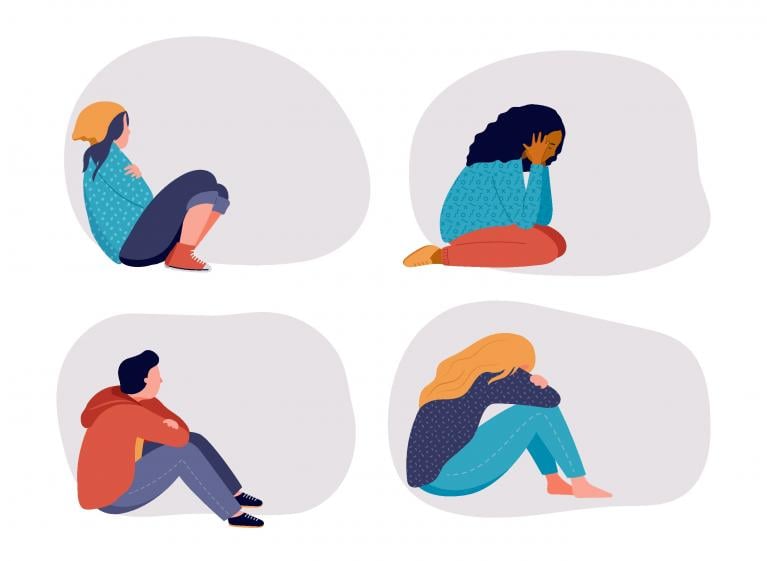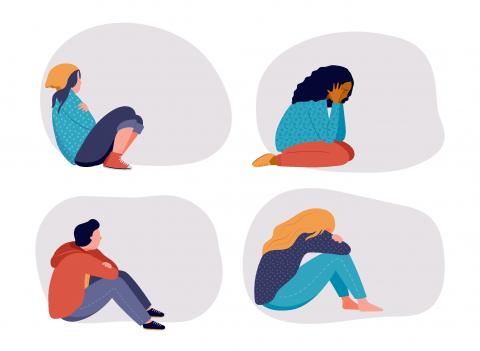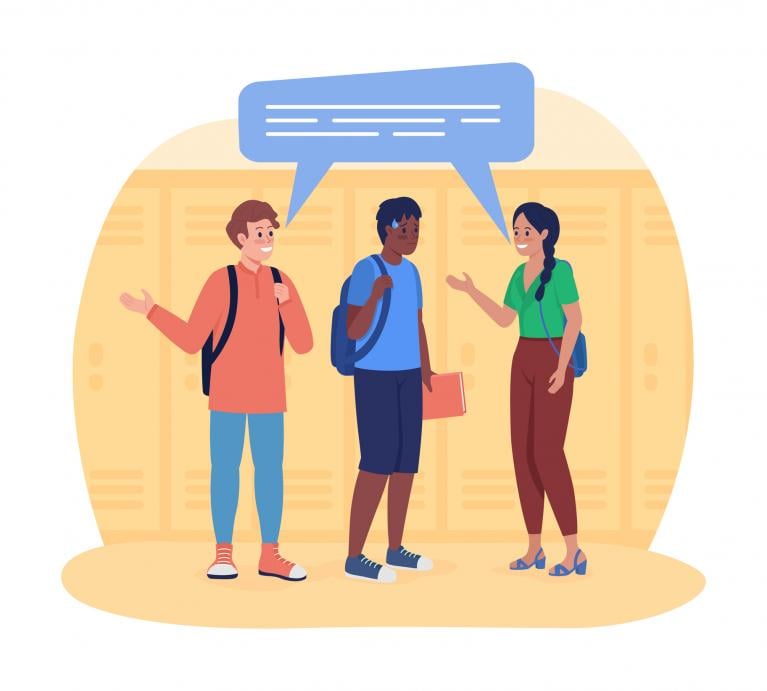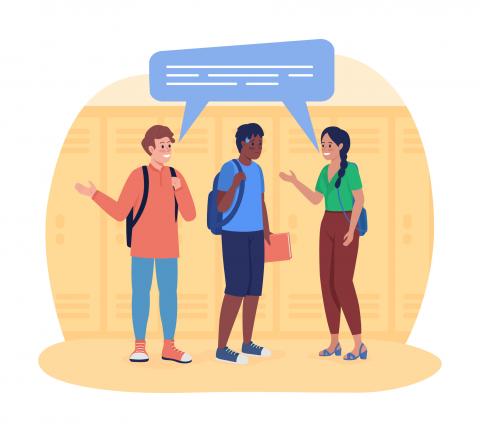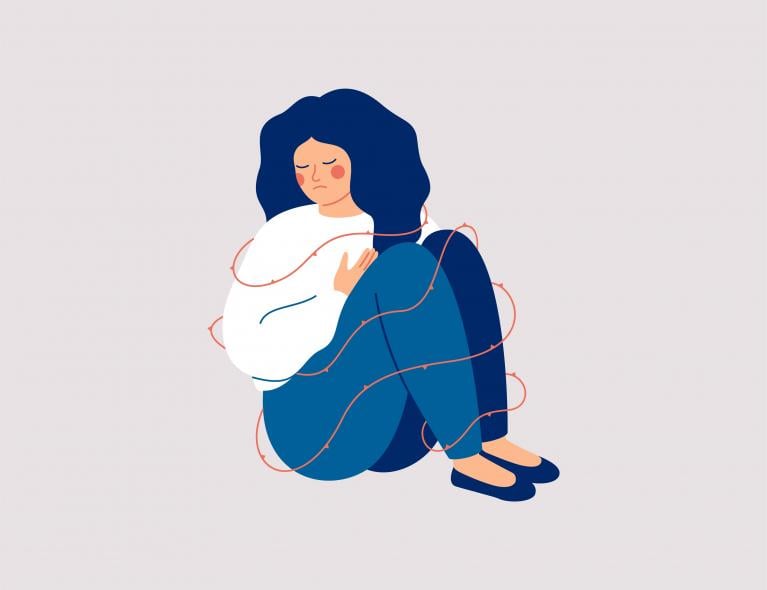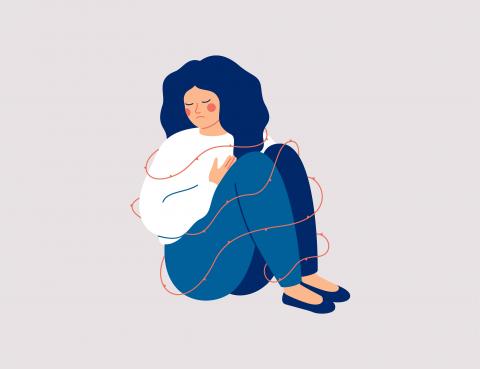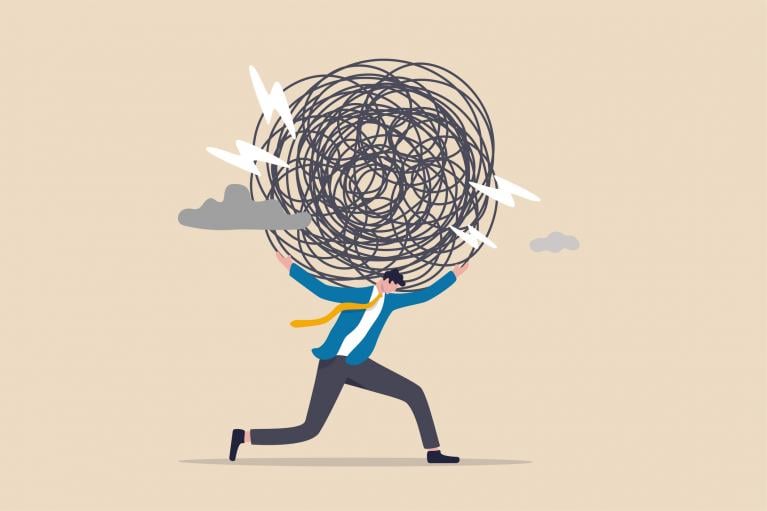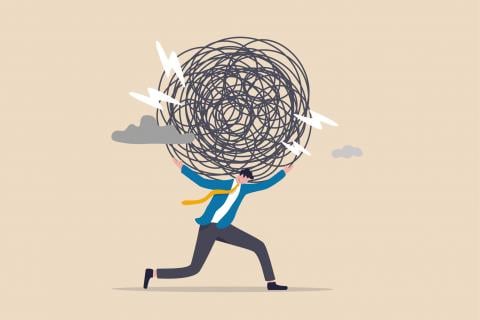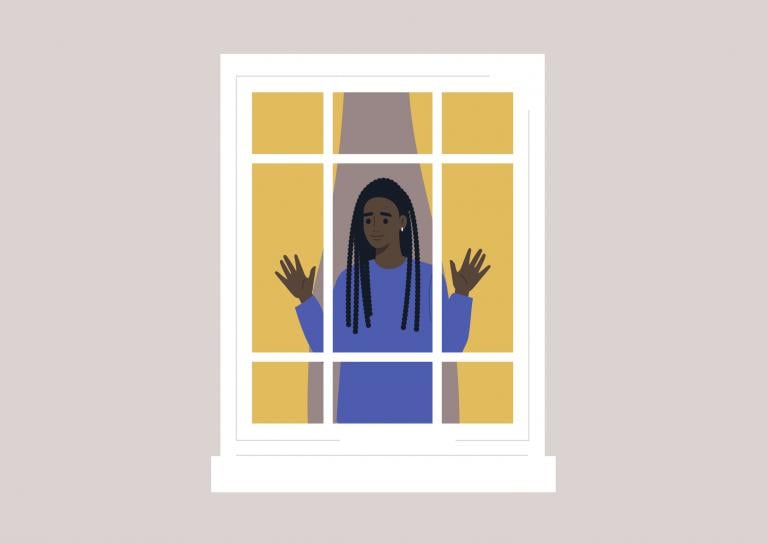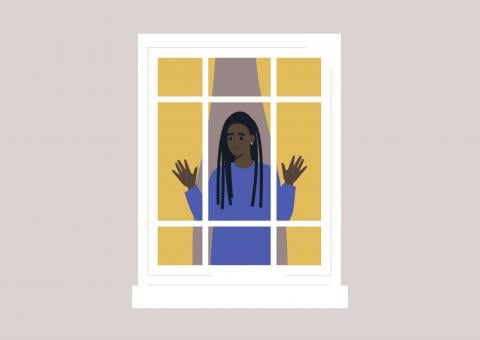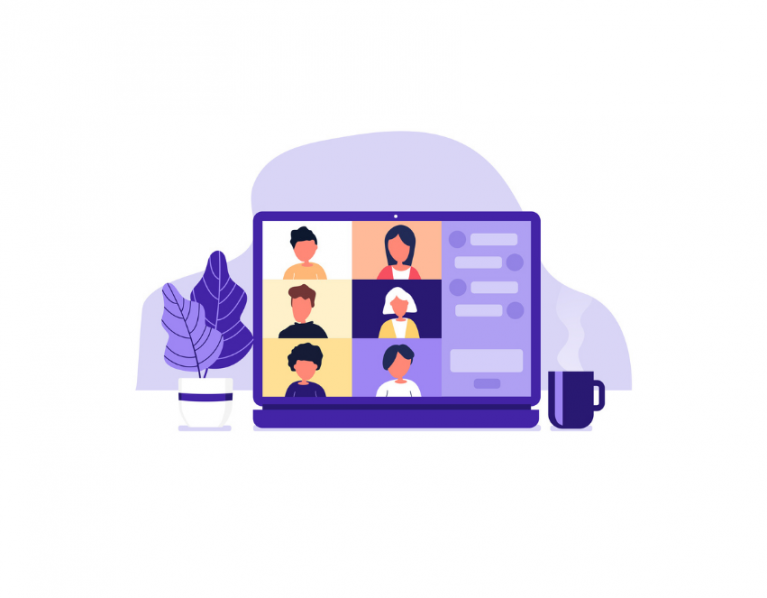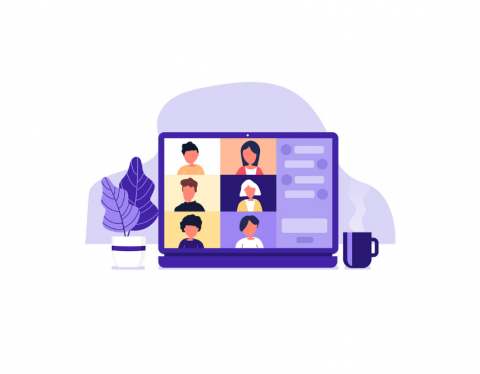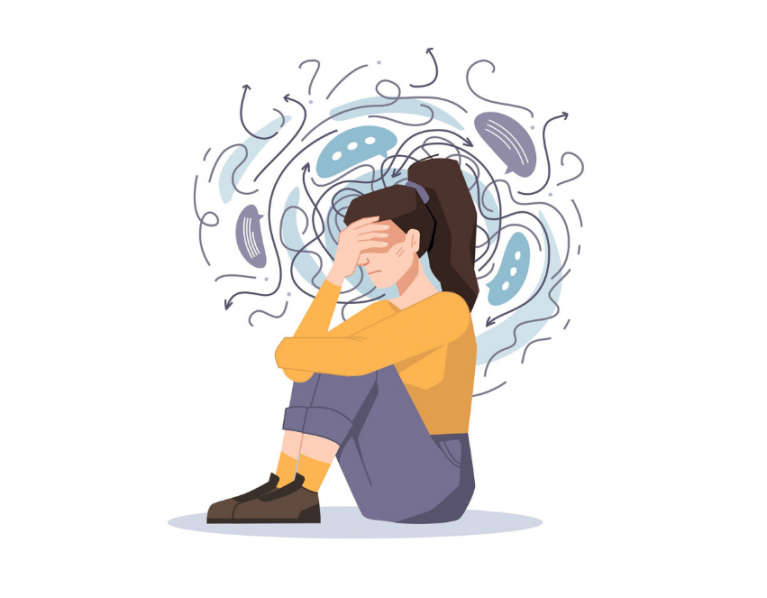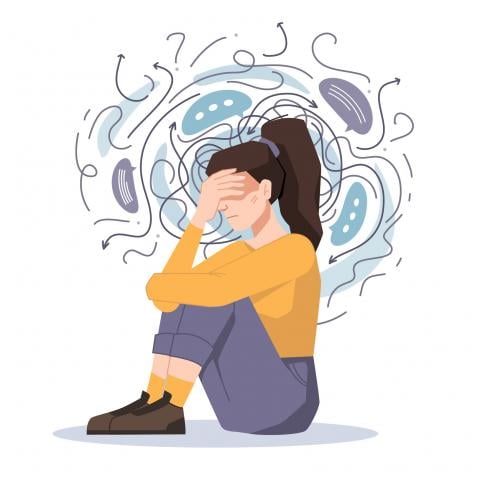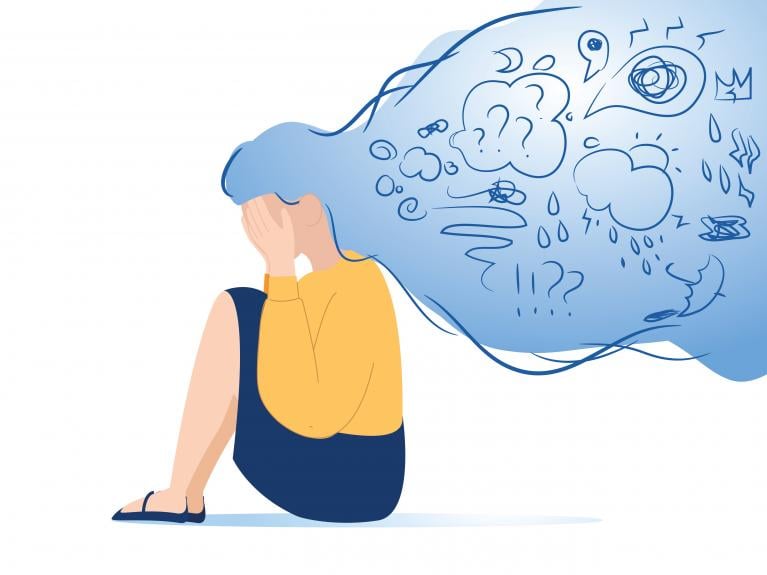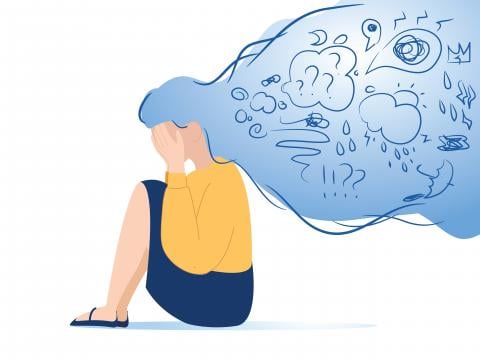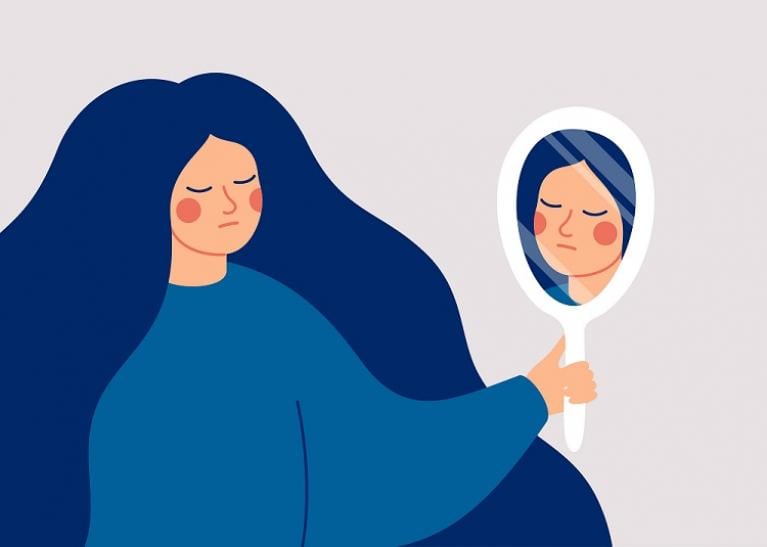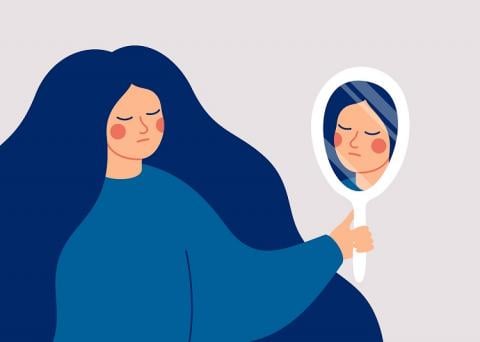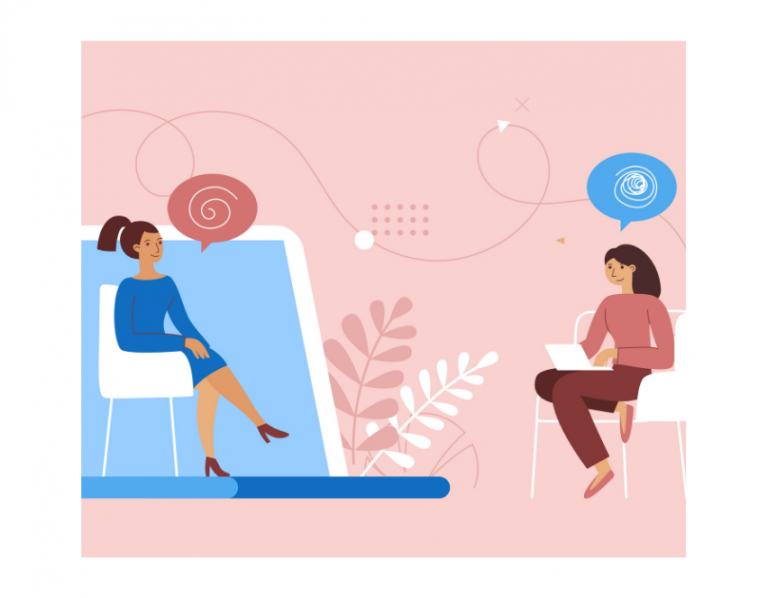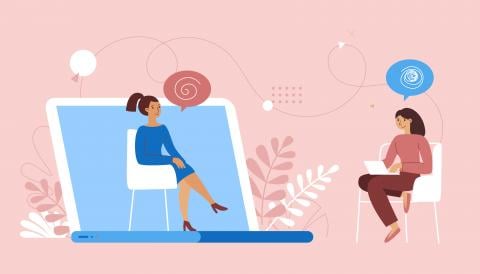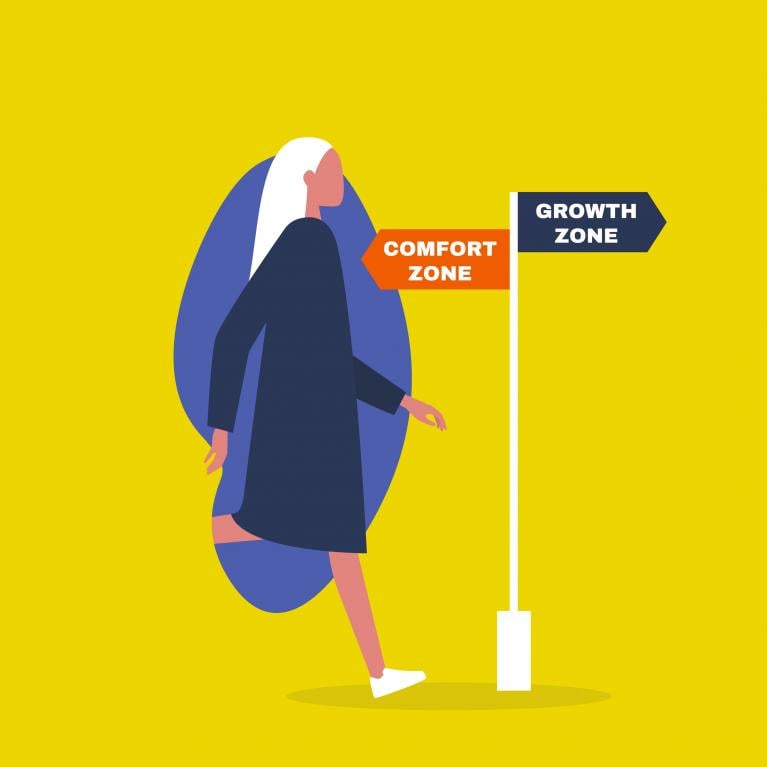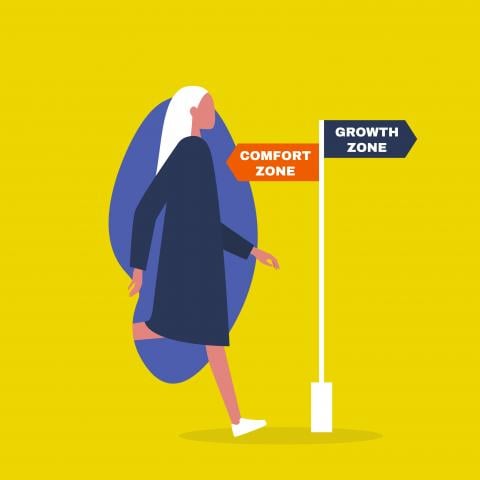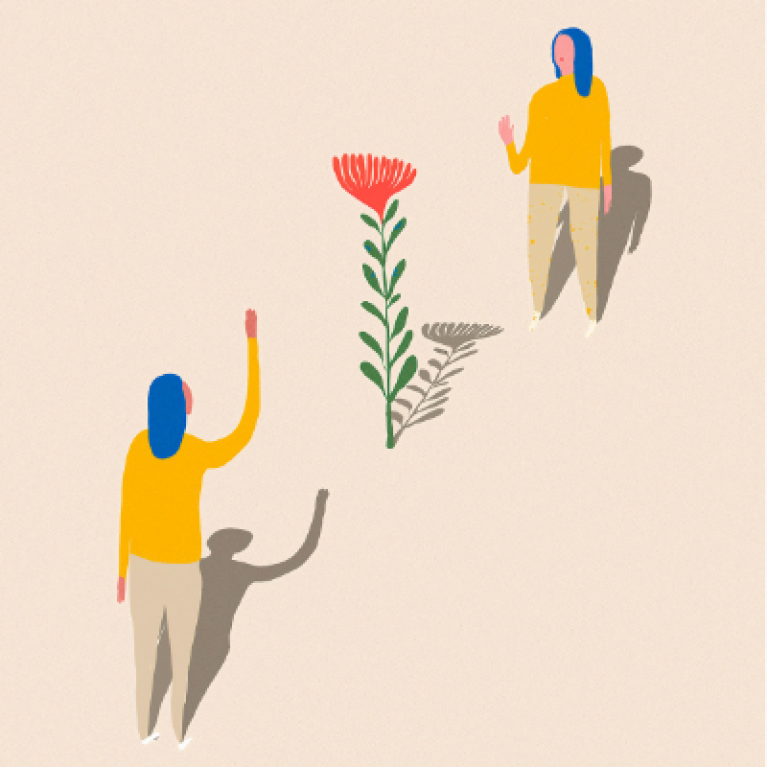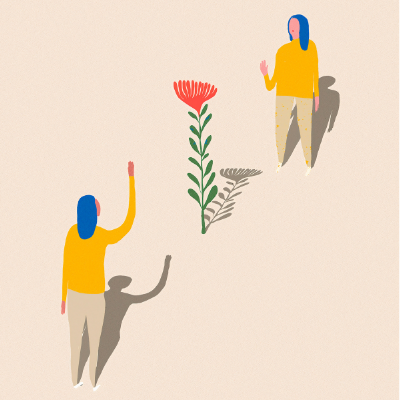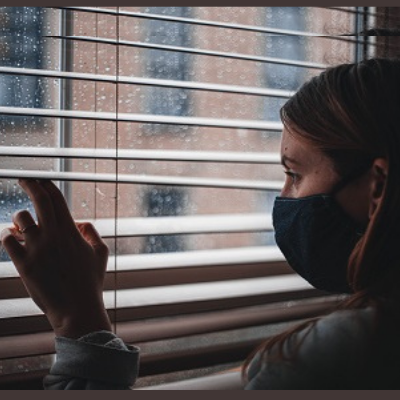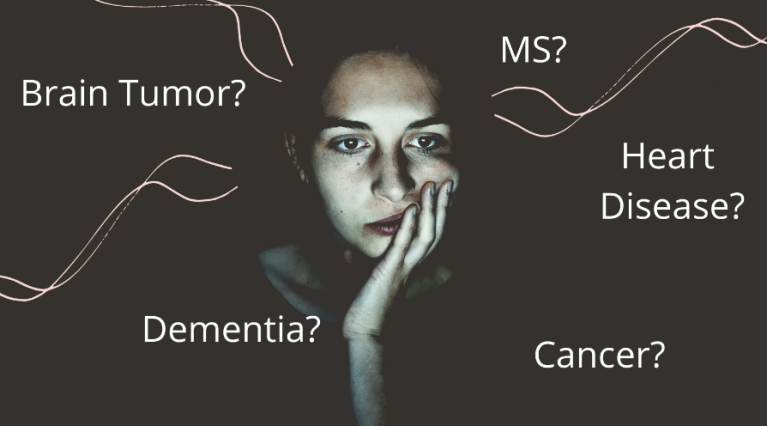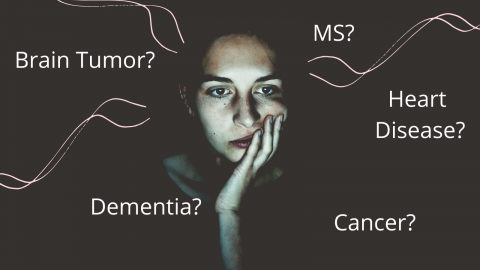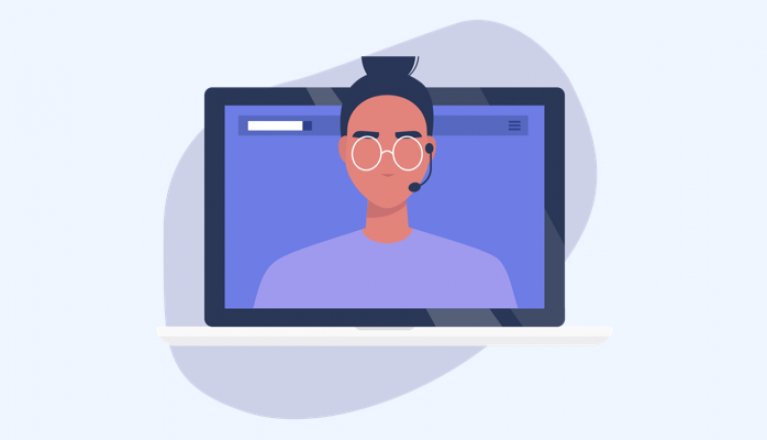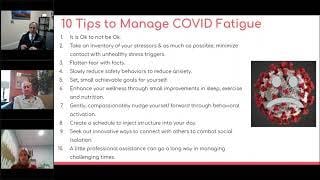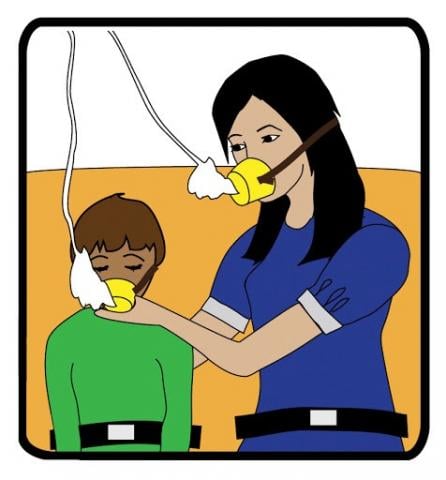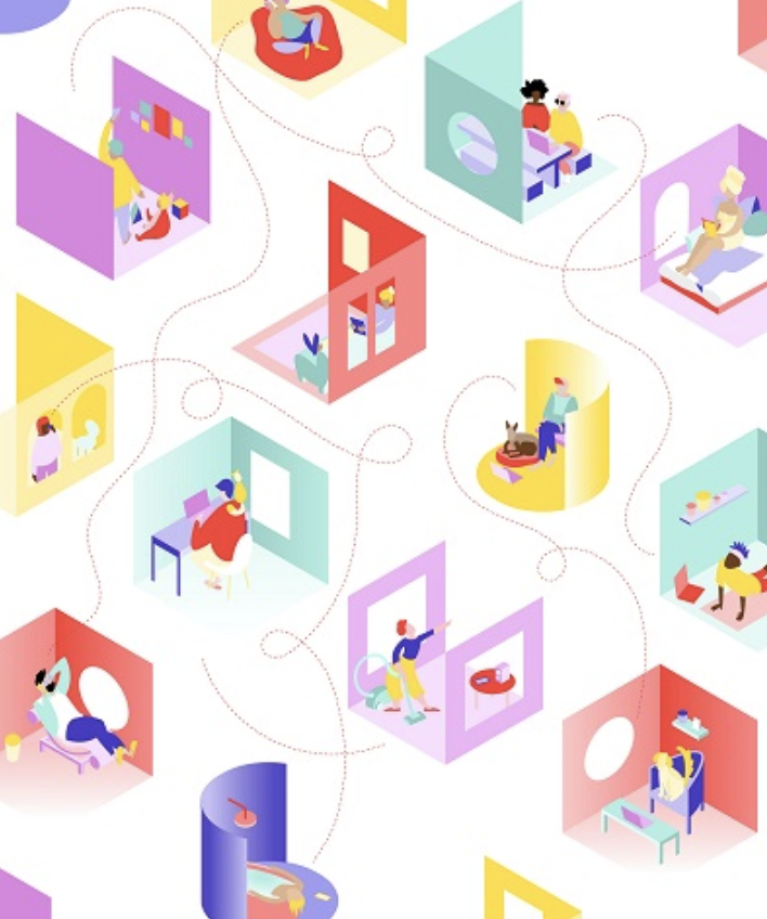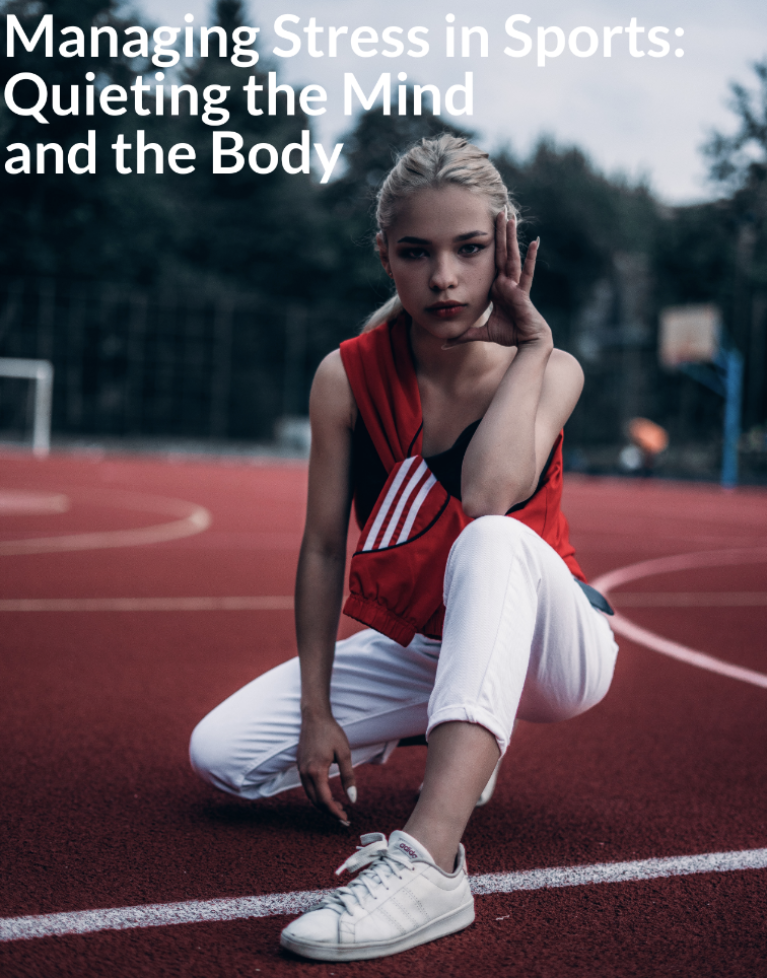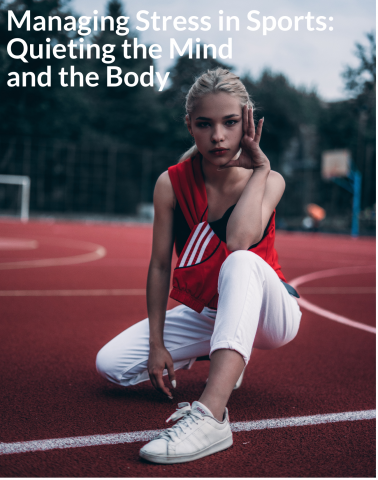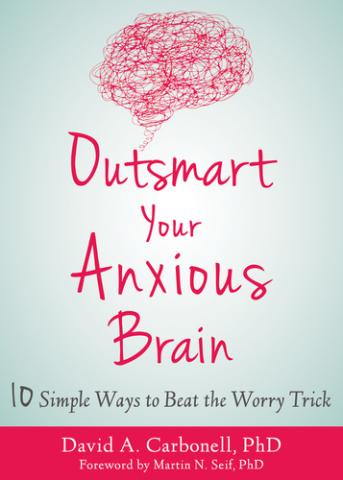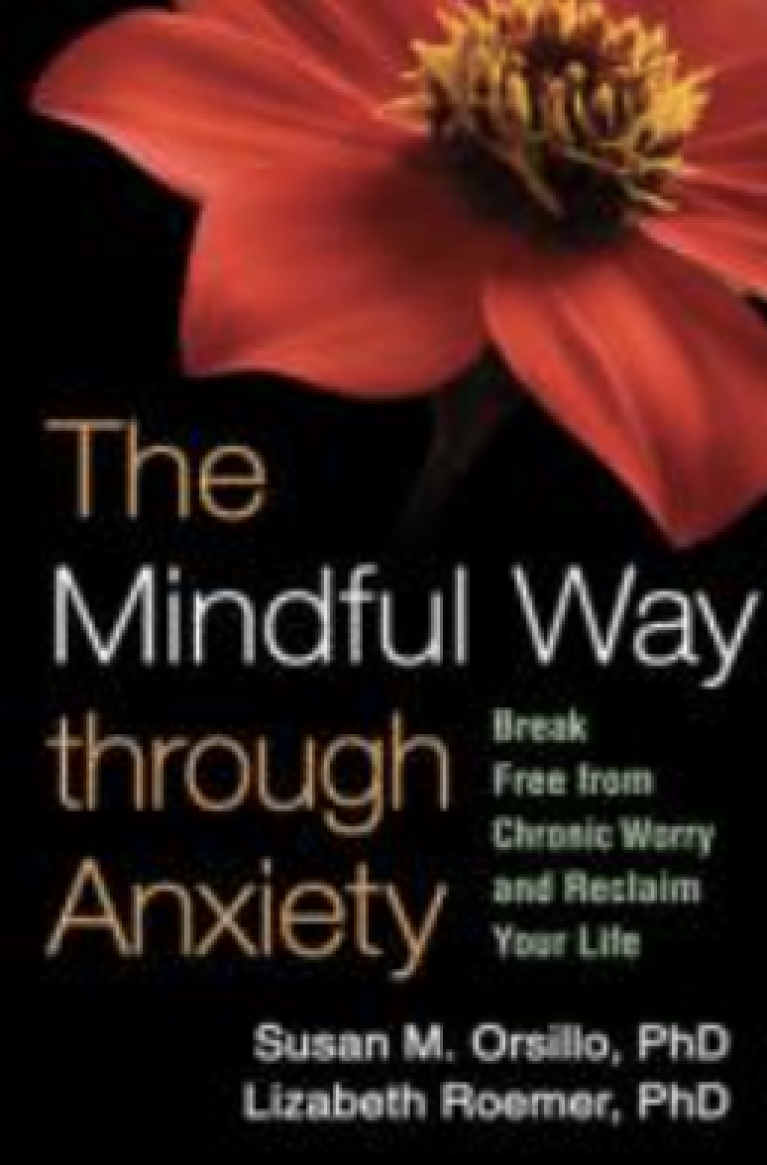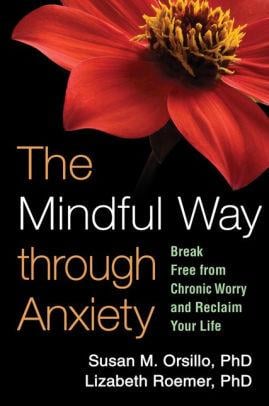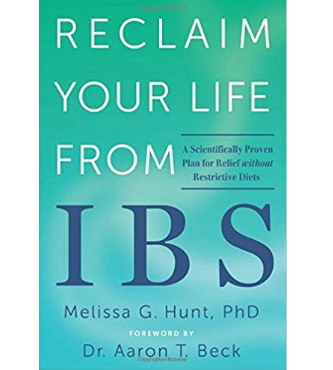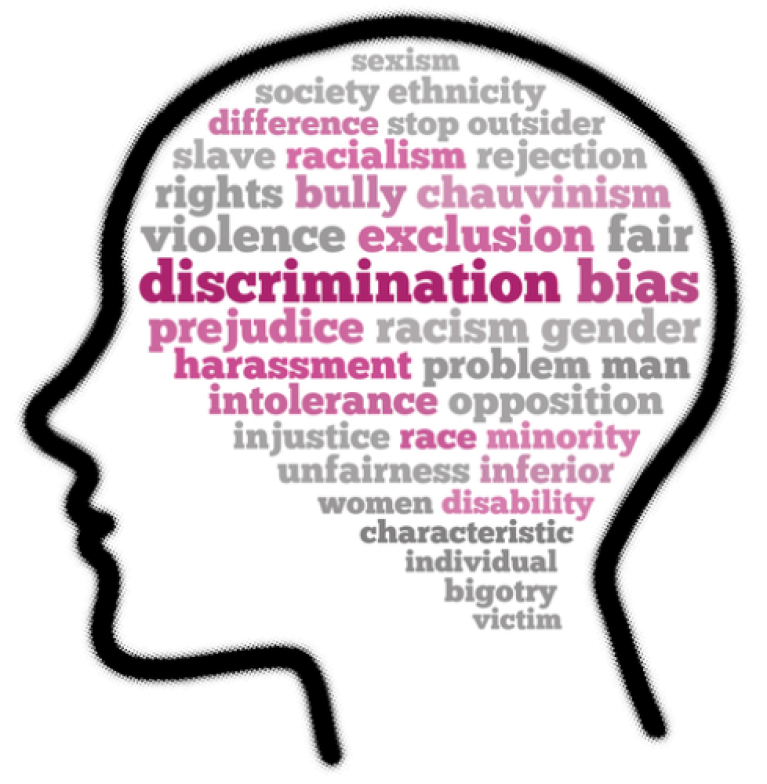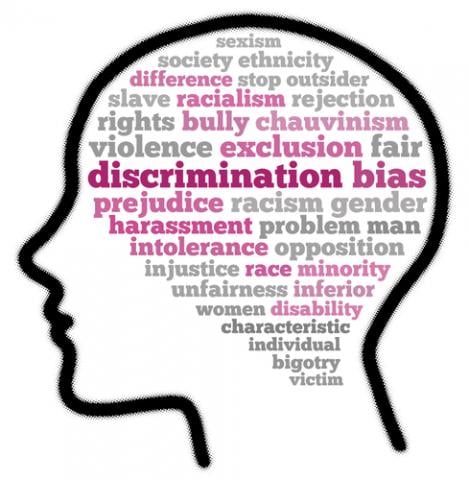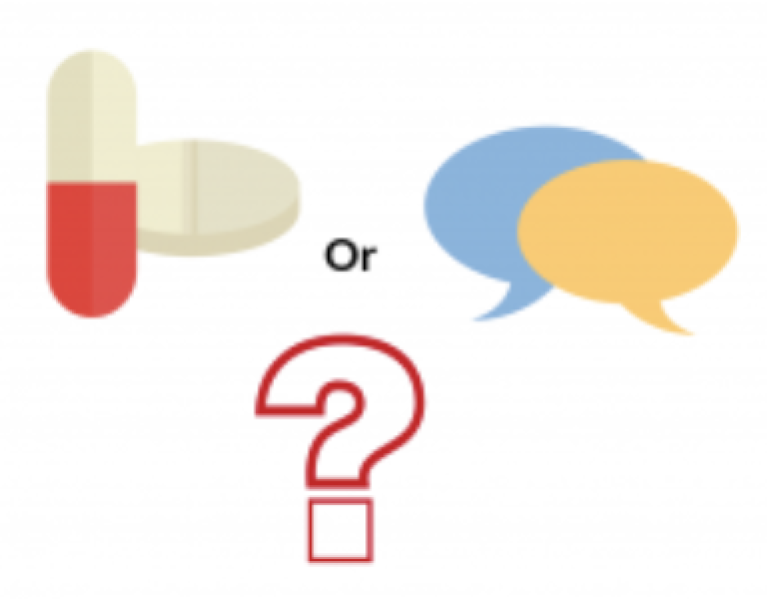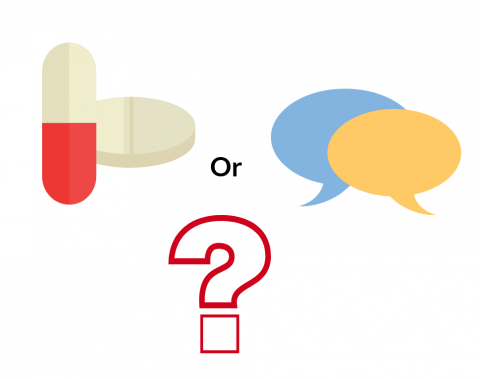Mental Health Webinars for the Public
Free Mental Health Webinars - Help Support Your Mental Health
As part of our mission to offer evidence-based resources to the public, the Anxiety and Depression Association of America’s (ADAA) offers free webinars to address your most frequently asked questions about anxiety disorders, depression, and co-occurring disorders such as OCD and PTSD for adults as well as children. On occasion ADAA may charge a nominal fee for a specific webinar.
- ADDA’s experienced mental health experts offer tips and strategies to help you/your loved ones better manage your mental health. Most of our webinars are live and offer question and answer opportunities.
- ADDA webinars are recorded and available on-demand. Register today. Below is a list of upcoming webinars and our-on-demand offerings that you can register for free.
- To hear about upcoming webinars, sign up for ADAA’s free monthly newsletter, Triumph.
Please note: You can enable captions during the webinar to translate the captions into another language by following these instructions once the webinar begins in Zoom: Translating ADAA Live Webinars. Aquí está una breve instrucción para los participantes del webinar de ADAA en Zoom sobre cómo activar los subtítulos traducidos en Zoom y el enlace para obtener más información.
Overcoming Parental Anxiety: Responding to the Surgeon General’s Call to Support Parental Well-Being
Dr. David Rosmarin talks with ADAA about his study of patients being treated for anxiety and how they managed through the Covid-19 pandemic.
ADAA and Jessi Gold, MD, MS sat down for an ADAA Instagram live community discussion on mental health and medication in honor of Mental Health Awareness Month.
The use of cannabis in the U.S. has undergone a dramatic change over the past two decades. Starting with the campaign to legalize the use of cannabis in the 90s, use, attitudes and risk perception have changed in both adolescent and adult population.
Self-Compassion: The Art of Tending to your Struggles with Loving-Kindness Instead of Self-Criticism
When times are difficult, we often respond to our suffering with self-criticism, self-punishment, or pleasure withholding. In this webinar, you will learn how to use self-compassion, the art of treating yourself with kindness, care, and respect.
ADAA Board member and health anxiety expert, Ken Goodman LCSW, shares helpful tips and strategies to manage COVID anxiety. Ken also interviews a former patient who struggled with COVID health anxiety.
The illness you fear may not be the illness you have. Do you worry about cancer, heart attacks, or a brain aneurism? Do you regularly google your symptoms or reexam parts of your body that are concerning?
Are you struggling with Covid fatigue? Is it becoming increasingly difficult to stay positive and strong? Come join our panel of experts, ADAA members Ken Goodman, LCSW, Debra Kissen, PhD, MHSA and David H.
Intrusive thoughts can create intense anxiety and lead to rumination for those who suffer from them. ADAA members Drs.
In the midst of the COVID-19 Pandemic, the chronic stressor of systemic racism continues to impede physical and mental health. Are you wondering what you can do to support BIPOC in light of this chronic stressor? Dr.
This webinar provides an overview of the cumulative, inter-generational, and persistent racial inequities faced by communities of color. We also discuss the effects of these trauma on the mind and body and offer strategies on how to cope during this difficult time.
In this webinar, Dr. Busman, Senior Director of the Child Mind Institute discusses parenting in the time of the coronavirus.
ADAA members Ken Goodman, LCSW, Debra Kissen, PhD, MHSA and David H. Rosmarin, PhD, ABPP share helpful tips and strategies to manage coronavirus anxiety and stress for families.
ADAA members Ken Goodman, LCSW, Debra Kissen, PhD, MHSA and David Rosmarin, PhD, ABPP share "top 10" tips and strategies to help manage coronavirus panic and anxiety in this short video.
Research shows, and everyone agrees, that exercising and playing sports can be one of the best natural stress relievers we have for feelings of anxiety, depression and overwhelm.
Anxiety makes us question our decisions and ourselves, and worry
What is the longest length of time you’ve been without a digital device? In our evermore digitized world, being compulsively “connected” 24/7 has become the norm.
This webinar describes the nature of anxiety and various ways in which anxiety can be maintained. Dr. Roemer provides an overview of mindfulness, the various ways it can be practiced, and how mindfulness can be of benefit to those with anxiety.
This webinar includes an overview description of the characteristics of Body Dysmorphic Disorder (BDD), the challenges therapists face when diagnosing the disorder (including a contrast/comparison with OCD – a co-morbid disorder), and information about the most effective treatment options.
You may have heard good things about yoga and how it can help anxiety and depression, but what does the research show? Dr.
Do you have a fear of driving? Are you afraid of having a panic attack behind the wheel? Do you worry about losing control and causing an accident? The fear of driving can cripple your life, but there is a solution.
Separation anxiety for toddlers and young children is normal. However, when the anxiety interferes with normal activities and normal development, it can be a problem.
Many children and teens live in a world that is fast-paced and highly demanding in many spheres: school, social life, and family life. Sometimes the pressure comes from these outside forces, and other times the pressure comes from within.
There is a lot of overlap between IBS and anxiety disorders. IBS causes anxiety. Also, people with anxiety disorders have a much higher than average occurrence of IBS.
This webinar focuses on anxiety disorders in children and adolescents and ways that caregivers can help. In addition to describing what the symptoms are, specific ways that adults can help are highlighted.
Ansiedad: una breve introducción a la ansiedad, los síntomas, las opciones de tratamiento y unos recursos por Natalie Arbid.
Depresión y ansiedad en niños: una discusión acerca de por qué es importante saber que la depresión y la ansiedad también puede ocurrir en niños, niñas y adolescentes por Karen G. Martinez
This webinar focuses on the negative impact of racism on mental health symptoms for people of color. In addition, we will provide some coping resources to deal with the stress, anxiety, and overall emotional toll of racism.
While most mental health clinicians and organizations focus on the mother-child relationship, a wealth of research now shows that fathers can strongly impact – and be impacted by – their partners’ and babies’ well-being throughout the perinatal period.
Español
Some of the topics covered: What are the roles of medication and therapy? How can my psychiatrist (or primary care doctor) and my therapist work together as a team? How soon can I expect to see results from medication? How soon can I expect to see results from cognitive-behavioral therapy (CBT)?
